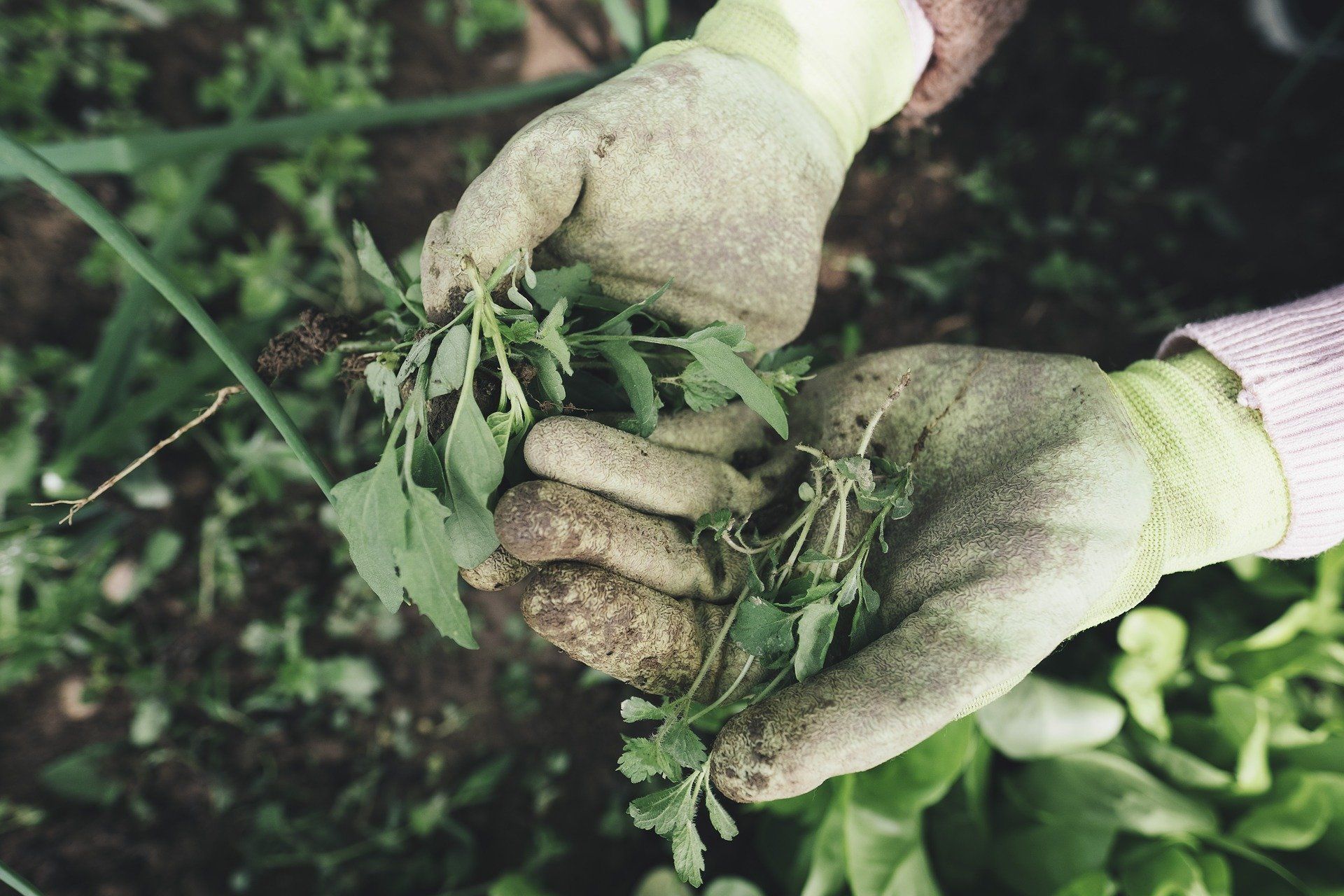1MG FlippingBooks
Weed control research bears fruitful results
Elizabeth Gracie

A new research project led by Charles Sturt University has identified a myriad of weed control tactics for mixed farming systems, including the effectiveness of rotating diverse crop types.
In collaboration with the Grains Research and Development Corporation (GRDC) and the University of Adelaide, the project will help Australian farmers identify novel and effective methods for growers to implement on their farms.
Originally trialled at sites across southern New South Wales, Southern Victoria and the Victorian Mallee and South Australia’s Mid North and Eyre Peninsula, researchers assessed diverse weed control and management approaches over five growing seasons, across differing agroecological zones.
This enabled researchers to critically analyse the long term effects and implications of different weed management approaches in context.
Leslie Weston, from the Graham Centre for Agricultural Innovation led the multidisciplinary team at Charles Sturt University and said the trials proved the effectiveness of a range of chemical and non-chemical weed management strategies across each agroecological zone.
“The key findings from our research were that rotations with diverse and competitive crop types, along with early crop vigour and high total crop biomass in canola, barley and wheat varieties, correlated strongly with effective weed suppression across multiple locations and years in New South Wales, Victoria and South Australia,” said Weston.
“Our findings also revealed different crops, including cereals and annual pasture legumes, release significant quantities of metabolites into the soil during breakdown that appear to influence weed suppression.
“We found evidence that the breakdown of different crop residues resulted in the release of compounds into the soil that was strongly correlated with summer weed suppression in the field and phytotoxicity in the laboratory”.
Professor Weston and her team hope that these findings will help equip Australian farmers, specifically South Australian growers will the means to optimise a variety of both non-chemical and chemical weed control tactics in mix farming enterprising enterprises.
NEWS

Prodoz, a Proudly Australian and family-owned agribusiness, based in Melbourne, is strengthening its positions as national/international leader in advanced crop – science solutions through a growing portfolio of global innovation partners and a distribution footprint supported by all major distributors - includes Nutrien Ag, Elders, Lindsay Rural and Independent Rural stores.

Trace minerals are required for optimal growth, reproduction, and immunity. Optimising trace mineral status relying solely on oral supplements across a herd may fail because of variation in individual intake and reduced absorption due to antagonism of other ration components and minerals. The use of injectable trace mineral supplements has been associated with positive reproductive outcomes including improved conception rate, increased odds of pregnancy and greater final in calf rate. A study conducted on 2,168 dairy cows, administered injectable trace minerals, four weeks prior to calving and again four weeks prior to the start of mating showed treated animals had a 3.3 per cent greater final in-calf rate, and a reduced time from start of mating to conception, compared to control animals 1 . The Importance of B12 Dr Carl Eden, Technical Services Veterinarian with Boehringer Ingelheim says “Vitamin B12 is sometimes referred to as a ‘super vitamin’ because it is only required in very small amounts but vital to many essential metabolic pathways. However, demand for B12 can vary considerably during the year and we see serum levels of B12 fall at critical times, such as the first few months after calving.” Vitamin B12 contains cobalt, so deficiency in cobalt can lead to deficiency in vitamin B12 because ruminants get most of their B12 as a byproduct of ruminal fermentation where the bacteria in their rumen assemble B12 from cobalt for use by the cow. Sub-optimal trace mineral and vitamin B12 status at calving, mating, and drying off has been shown to negatively impact growth, reproduction, and immunity. Using a trace mineral injectable containing vitamin B12 can improve trace mineral and vitamin B12 status at these critical times. Marks-Min with Vitamin B12 – The Evidence In the largest trace element study to date, Marks-Min Injectable Trace Mineral with Vitamin B12 demonstrated remarkable results when compared to a reference trace mineral injection. “Given the differences between Marks-Min and other products on the market, we wanted to generate a compelling data set to demonstrate how effective it was compared to the pioneer product. We entrusted this work to a third-party research company” says Dr Eden. “We chose farms that were at the top of their game from a reproductive perspective. We made sure that the farms had no evidence of trace element or vitamin B12 deficiencies or excess.” Across all outcomes of interest, Marks-Min demonstrated clear non-inferiority when compared to the reference product. Outcomes measured included submission, pregnancy and conception rates, and six week in-calf rate. Marks-Min demonstrated it is highly suited as an alternative treatment to the reference product. Reference: 1. Hawkins, D., and B. V. S. Franklin. New Zealand Dairy Veterinarians Newsletter 24 (2007): 12-16 Company website: livestockfirst.com.au Company email address: CustomerCare.Australia@boehringer-ingelheim.com Company video: https://vimeo.com/1138807630?fl=pl&fe=cm














